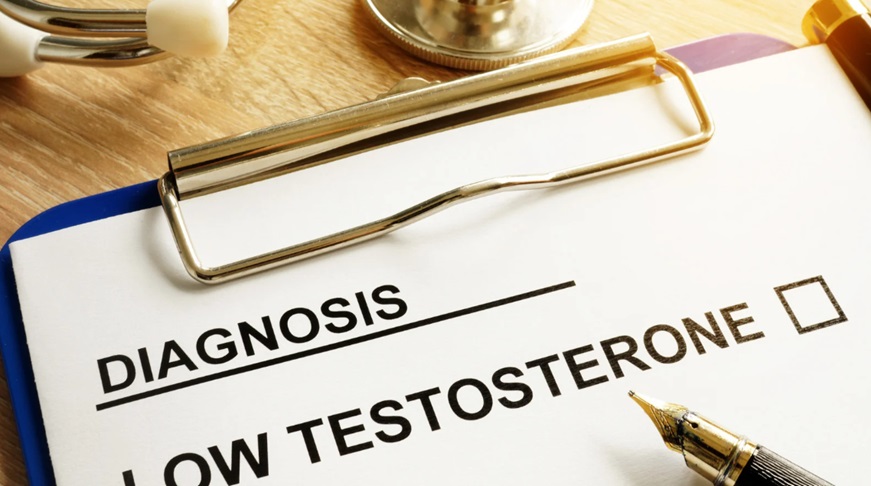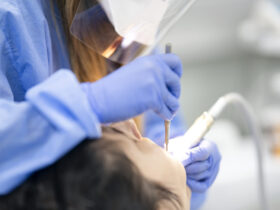Testosterone Replacement Therapy (TRT) is designed to help individuals struggling with low testosterone levels, a condition that can lead to fatigue, mood changes, reduced muscle mass, and a decline in libido. For those looking to restore balance, TRT therapy in Atlanta offers a way to improve overall well-being and regain vitality.
Signs That Testosterone Levels Might Be Low
Testosterone plays a crucial role in many bodily functions, and a decline can lead to noticeable changes. Some common signs of low testosterone include:
- Persistent fatigue and low energy
- Loss of muscle mass and an increase in body fat
- Decreased libido and potential sexual dysfunction
- Mood swings, irritability, or feelings of depression
- Difficulty concentrating or experiencing mental fog
If these symptoms persist, it may be worth exploring whether TRT is the right option.
How TRT Works
TRT helps restore testosterone levels through different methods, depending on individual needs and preferences. The most common options include:
- Injections – Given at regular intervals to maintain stable hormone levels
- Gels or Creams – Absorbed through the skin for daily dosing
- Patches – Worn on the skin for a steady hormone release
- Pellets – Implanted under the skin for a long-lasting effect
The right choice depends on lifestyle, medical history, and how the body responds to treatment.
The Role of Hormonal Balance in TRT
Achieving hormonal balance is key to successful TRT. A well-rounded approach considers not just hormone replacement but also overall health and wellness. Adjusting lifestyle factors like diet, exercise, and stress management can enhance the benefits of therapy. Understanding how testosterone replacement therapy impacts long-term health can help individuals make informed decisions about their treatment journey.
Understanding Low Testosterone as a Medical Condition
Low testosterone is not just a part of aging; it can also be linked to hypogonadism, a condition where the body fails to produce adequate testosterone. According to MedlinePlus, recognizing the early signs and seeking appropriate medical care can make a significant difference in maintaining overall health and well-being.
Benefits of TRT
For those diagnosed with low testosterone, TRT can offer several benefits, including:
- Increased energy levels and reduced fatigue
- Enhanced muscle strength and improved metabolism
- Better mood stability and mental clarity
- Improved libido and sexual function
- Stronger bone density and overall physical health
By restoring testosterone levels, many individuals experience improvements in both physical and mental well-being.
What to Consider Before Starting TRT
While TRT can be beneficial, it’s essential to undergo a thorough medical evaluation before starting treatment. Regular monitoring ensures hormone levels remain balanced and minimizes any potential side effects.
For individuals considering this therapy, learning more about testosterone replacement therapy can provide deeper insight into what to expect. Working with a healthcare provider helps ensure a personalized approach that maximizes the benefits while maintaining overall health.
Conclusion
For those experiencing the effects of low testosterone, TRT can be a powerful tool in restoring energy, strength, and overall health. Taking a personalized approach with medical guidance ensures the best possible outcomes, helping individuals regain confidence and a sense of well-being.









